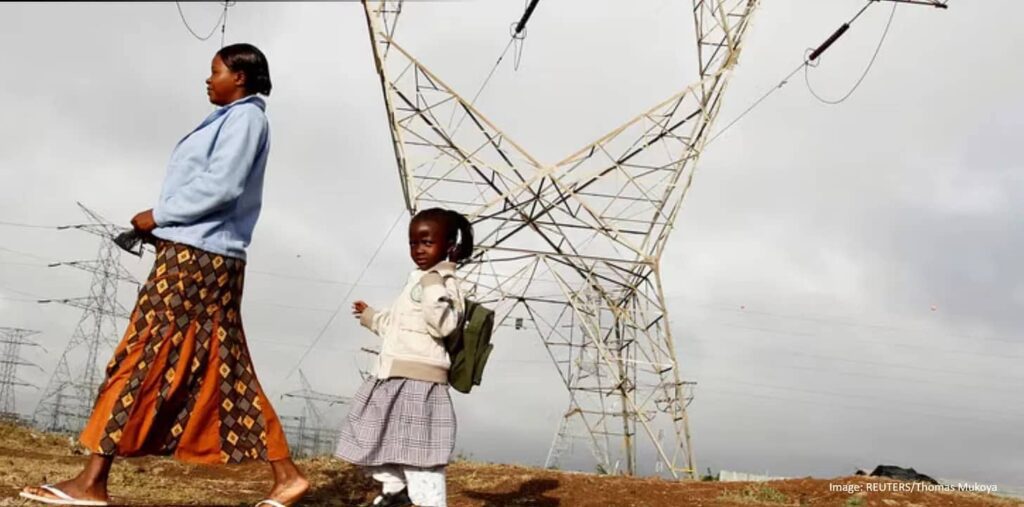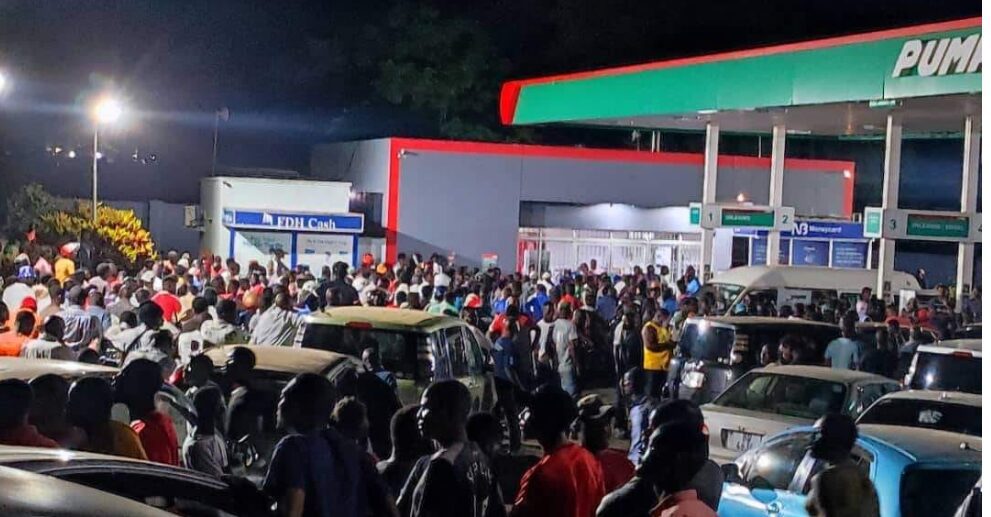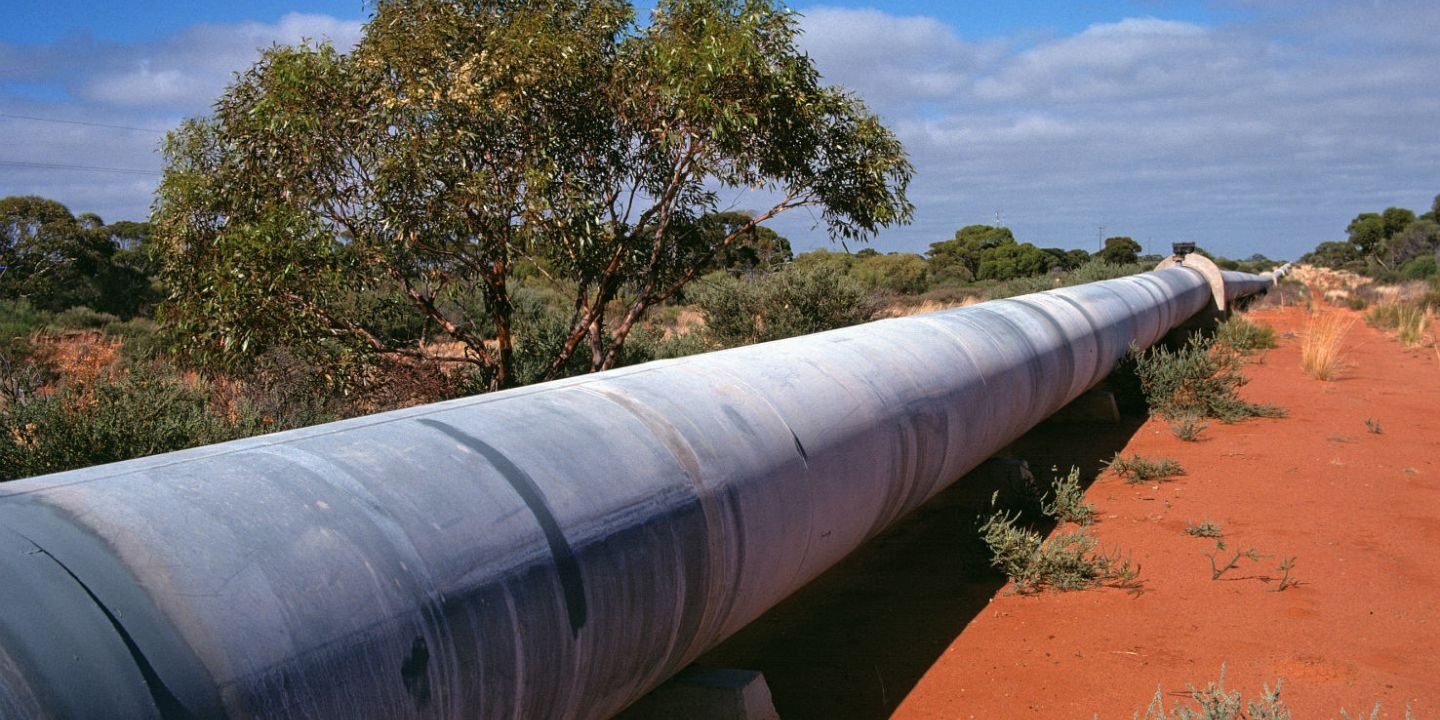
Thursday 27th November 2025

by inAfrika Newsroom
Women clean energy project in West Africa is helping close gender gaps in the region’s power sector. The “Women and Clean Energy in West Africa” (WOCEWA) initiative supports ECOWAS efforts to mainstream gender in energy access and reach a 50–50 balance of men and women in the industry by 2030. It focuses on training, research and policy support in several member states.
WOCEWA works with national institutions to collect data on women’s roles across the energy value chain, from utilities and regulators to mini-grid developers and appliance distributors. Moreover, the women clean energy project develops toolkits to help governments integrate gender targets into electrification plans. Pilot activities include leadership courses for female engineers, scholarships for girls in STEM and business-support services for women-led solar enterprises.
The project builds on earlier ECOWAS policies that identified women as key actors in achieving universal energy access. However, progress has been uneven, with many countries still lacking clear pathways from policy to practice. WOCEWA therefore convenes regional dialogues where officials share lessons on quotas, procurement rules and budget allocations. It also amplifies stories of women who already lead clean-energy businesses or manage major utility departments.
In its next phase, WOCEWA plans to expand support for gender audits of large-scale renewable tenders and rural electrification programmes. It will also push for dedicated finance windows for women-owned companies and stronger monitoring of staffing targets in public agencies. If governments act on these recommendations, the women clean energy project could accelerate progress toward ECOWAS energy and gender goals at the same time. Partners are now seeking extra funding to sustain activities beyond the current cycle.
West Africa’s experience will influence discussions across the continent on how to link gender and energy targets. When a women clean energy project like WOCEWA proves that inclusive policies deliver real jobs and better services, other regions can adapt its methods. Households then gain not just power connections but systems designed with women’s needs in mind. Over time, that combination of hardware and social change can strengthen both gender equality and climate resilience.


